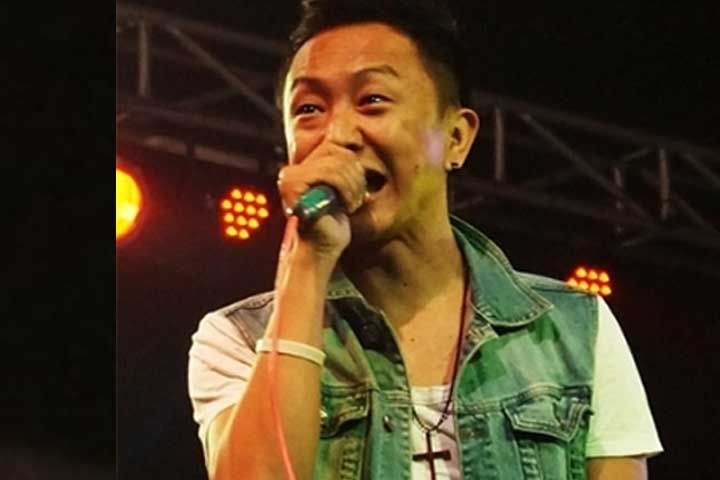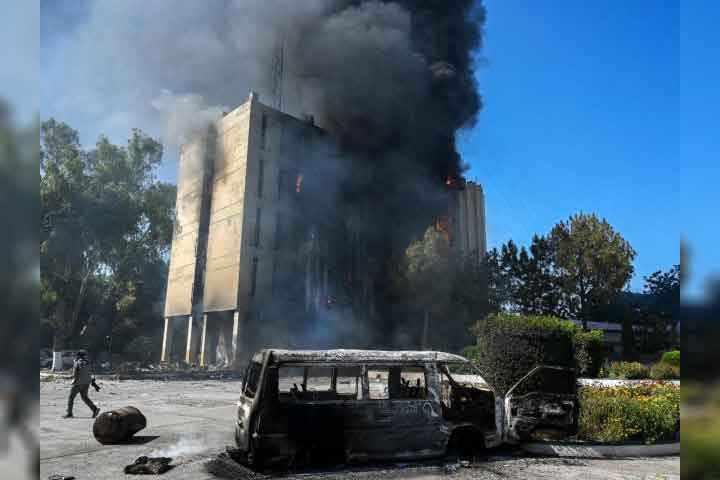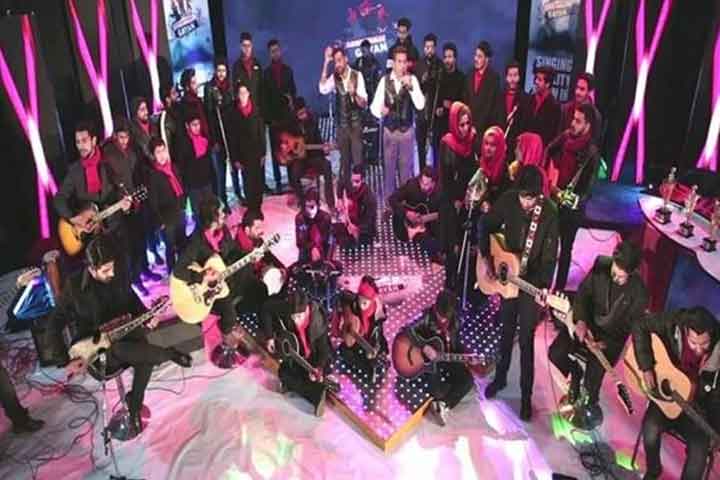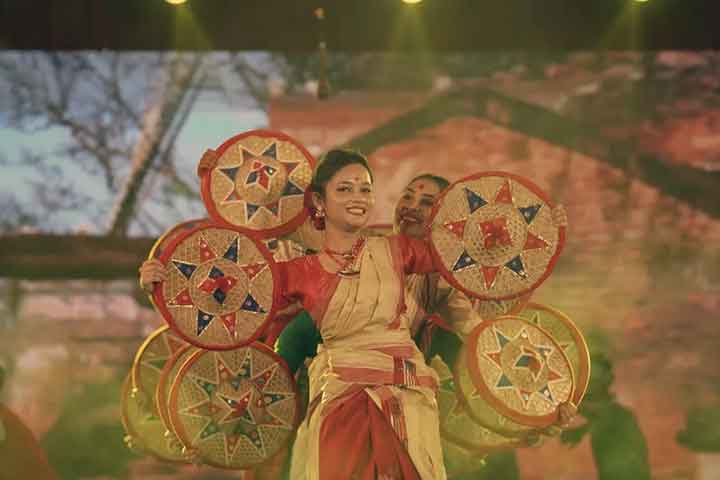Radio Pakistan attack: Rare handwritten scripts, music records burnt to ashes
On May 10, miscreants launched a violent attack on the building of Radio Pakistan in Peshawar, causing significant damage and depriving millions of listeners of the cherished Pashto and Urdu songs of renowned musicians and singers. The attack also resulted in the destruction of handwritten drama scripts authored by famous playwrights.
Habibun Nabi, Programme Manager of Radio Pakistan Peshawar, expressed his dismay over the incident, stating that the original and rare handwritten drama scripts in Pashto and Urdu, created by esteemed writers such as Hamza Khan Shinwari, Dr Muhammad Azam, Younas Qayasi, Arbab Abdul Wakeel, Hamayun Huma, Sahir Afridi, Begium AR Daud, Zaitoon Bannu, and Syed Rasool Rasa, were destroyed by the rioters.
Additionally, hundreds of rare dramas, along with catalogs and books on various topics, were set on fire, leaving piles of ashes scattered throughout the building.
The attack also resulted in the destruction of approximately 2,000 historic and literary books, including those by renowned Sufi poet Rehman Baba and freedom fighter Khushal Khan Khattak.
Moreover, the rare pictures of broadcasters Abdul Jan Magmoom, Aftab Ahmed, and Qari Muhammad, who played significant roles in announcing Pakistan's Independence Day at midnight on August 13-14, 1947, were lost forever.
In addition to the loss of drama scripts and literary works, the mob also burnt the performance pictures of renowned artists such as Ghazal maestros Ahmad Khan, Mashooq Sultan, Rafique Shinwari, Khayal Muhammad, and Fazl Rabi, as well as prominent drama writers including Hamza Khan Shinwari, Ajmal Khattak, Khatar Gaznavi, Samandar Khan Samandar, Qalandar Mohmand, Mumtaz Ali Shah, Shahzad Khan Johar, and Abdullah Jan Magmom, also known as Marchakay.
Radio Pakistan has a rich history, starting its transmission from a room at the civil secretariat in Peshawar in 1935. It was later moved to the old Radio Pakistan building on Khyber Road in 1942 and eventually to the current building, inaugurated by former President General Zia ul Haq in 1985.
Tufail Muhammad, programme manager at Radio Pakistan, lamented the loss of historic performance pictures of great Pashto singers Ahmad Khan, Mashooq Sultan, Rafique Shinwari, Khayal Muhammad, and Fazl Rabi, emphasising the attackers' disregard for culture and humanity.
He also mentioned that rare feature documentaries, religious books, and national songs, which were converted from conventional tapes to digital formats, suffered severe damage.
Prominent Ghazal maestro Khyal Muhammad, who has been associated with Radio Pakistan for several decades, described the attack as an assault on national heritage, culture, dramas, and music. He commended the officers and employees of Radio Pakistan Peshawar for swiftly resuming transmissions within hours after the attack, demonstrating their hard work, dedication, and professional commitment.
The attack on Radio Pakistan and the APP Office was seen as an attempt to silence the media and deprive people of vital information.
Journalist Amin Mashall, associated with both a private TV channel and Radio Pakistan Peshawar since 2012, condemned the ransacking and burning of vehicles belonging to Radio Pakistan and APP employees. He emphasised that the assault aimed to intimidate journalists and hinder them from performing their professional duties.
18 May 2023,20:44

















 Live Tv
Live Tv









